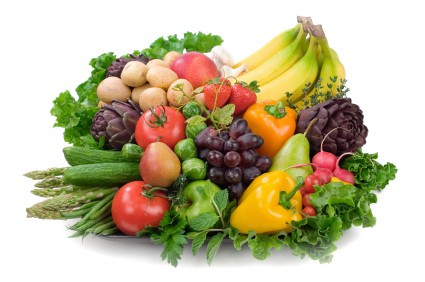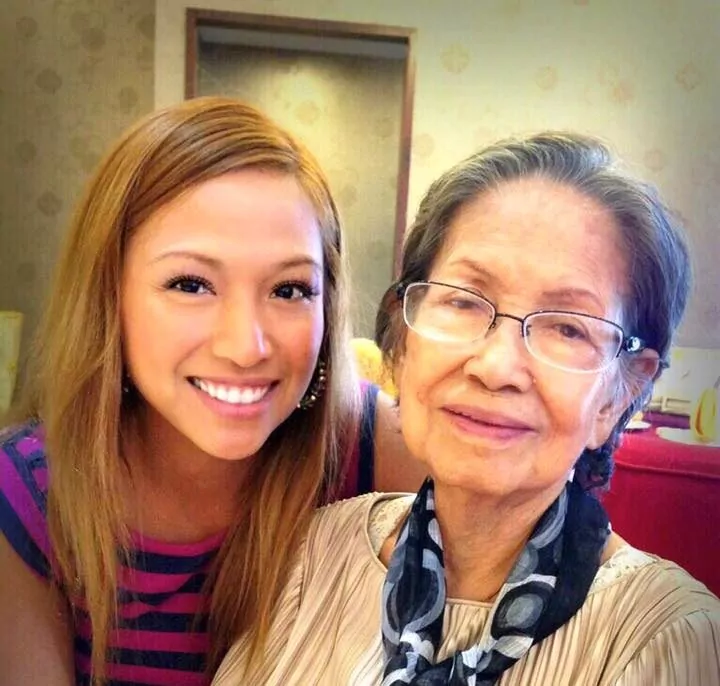 Your diet is an important part of your treatment for cancer. Eating the right kinds of foods before, during, and after your cancer treatment can help you feel better and stay stronger.
Your diet is an important part of your treatment for cancer. Eating the right kinds of foods before, during, and after your cancer treatment can help you feel better and stay stronger.
In This Article:
Recommended Diet For Cancer Patients
Preparing Yourself For Cancer Treatment
Recommendations about food and eating for cancer patients can be very different from the usual suggestions for healthful eating. This can be confusing for many cancer patients because these new suggestions may seem to be the opposite of what they’ve always heard. Nutrition recommendations usually stress eating lots of fruits, vegetables, and whole grain breads and cereals; including a moderate amount of meat and dairy products; and cutting back on fat, sugar, alcohol, and salt.
Nutrition recommendations for cancer patients may focus on helping you eat more higher calorie foods that emphasize protein. Recommendations might include eating or drinking more milk, cream, cheese, and cooked eggs. Other suggestions might include increasing your use of sauces and gravies, or changing your cooking methods to include more butter, margarine, or oil. Sometimes, nutrition recommendations for cancer patients suggest that you eat less of certain high- fiber foods because these foods can aggravate problems such as diarrhea or a sore mouth.
Nutrition recommendations for cancer patients are different because they are designed to help build up your strength and help you withstand the effects of your cancer and its treatment. When you are healthy, eating enough food to get the nutrients you need is usually not a problem. During cancer treatment, however, this can become a challenge, especially if you have side effects or simply don’t feel well.
Keep in mind that until your treatment actually starts, you won’t know exactly what, if any, side effects you may have or how you’ll feel. One way to prepare is to think of your treatment as a time for you to concentrate on yourself and on getting well.
Here are some other ways to prepare yourself for cancer treatment:
Think Positively
Eat a Healthy Diet
Plan Ahead
- Many people have few or no eating-related side effects. Even if you do, they may be mild, and most go away after cancer treatment ends. Also, there are new drugs now that can work well to control side effects.
- Having a positive attitude, talking out your feelings, becoming well-informed about your cancer and treatment, and planning ways to cope can all help reduce worry and anxiety, make you feel more in control, and help you keep your appetite.
- Give food a chance. Even if you do have eating problems, you’ll have days when eating is a pleasure.
- A healthy diet is vital for a person’s body to work its best. This is even more important for cancer patients.
- If you’ve been eating a healthy diet, you’ll go into treatment with reserves to help keep up your strength, prevent body tissue from breaking down, rebuild tissue, and maintain your defenses against infection.
- People who eat well are better able to cope with side effects. You may even be able to handle higher doses of certain treatments. For example, we know that some cancer treatments are actually much more effective if the patient is well-nourished and getting enough calories and protein in his or her diet.
- Don’t be afraid to try new foods. Some things you may never have liked before may taste good to you during treatment.
- Stock the pantry and freezer with favorite foods so that you won’t need to shop as often. Include foods you know you can eat even when you are sick.
- Keep foods handy that need little or no preparation, for example, pudding, peanut butter, tuna fish, cheese, and eggs.
- Do some cooking in advance and freeze in meal-sized portions.
- Talk to friends or family members about helping with shopping and cooking. Or, ask a friend or family member to manage that job for you.
- Talk to a registered dietitian about your concerns and what you might expect. She or he can give you ideas and help you plan meals. Ask for help in developing a grocery list with foods that might help with potential side effects, such as constipation or nausea. Ask about what has worked for other patients. Talk to your physician for a referral.
Read Eating Problems During Cancer Treatment for things to keep in mind during cancer treatment and nutrition tips fo cancer patients.
Related Articles:
Other La Dolce Living Helpful Links:
- Seniors Online Community & Discussion Forum
- Senior Care Facility Search
- Senior Facility Registration
Catharine “Kate” is a Certified Administrator for Residential Care Facilities for the Elderly (RCFE) and an Expert Senior Care Advisor. Kate’s grandmother battled Alzheimer’s Disease and Kate personally understands what millions of families are going through. Kate and her team are very passionate in empowering Seniors and their families by providing them with the Best Available Senior Care Options based on Senior’s care needs, preferred location and family’s budget.


